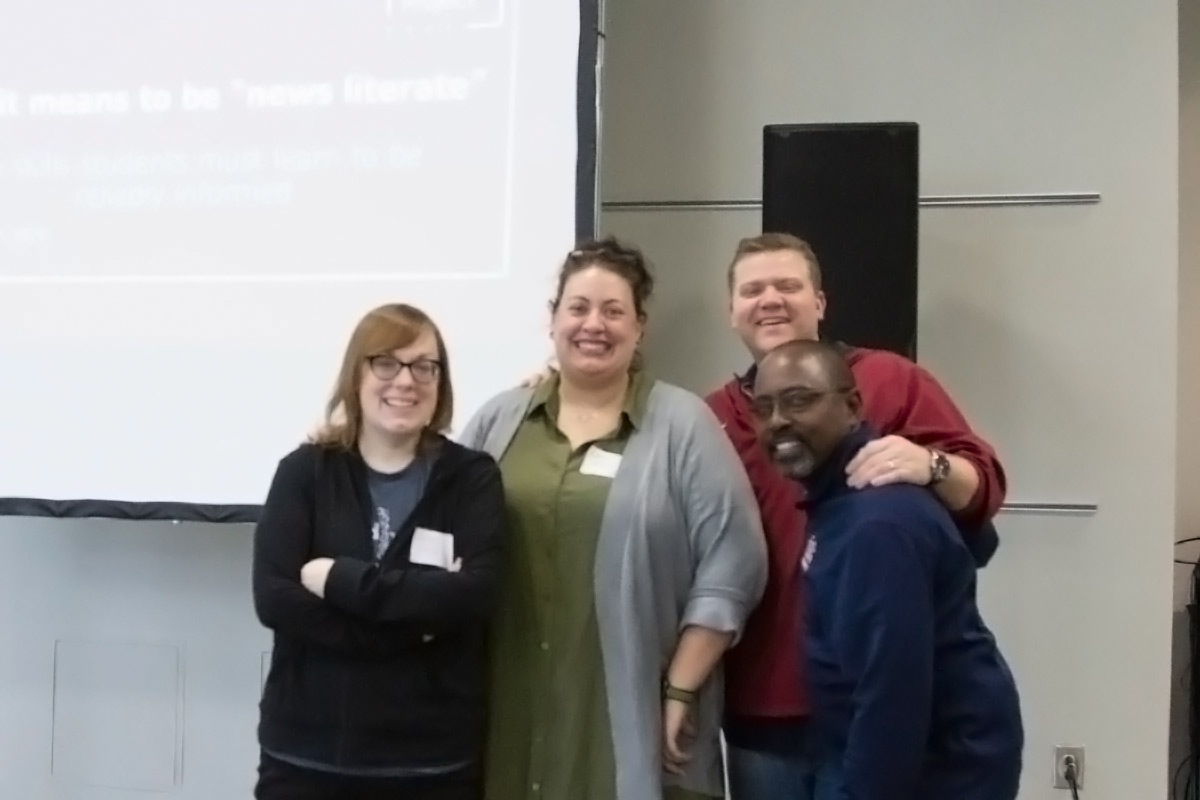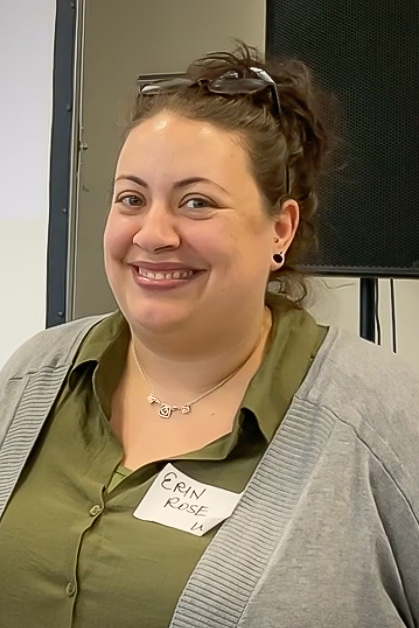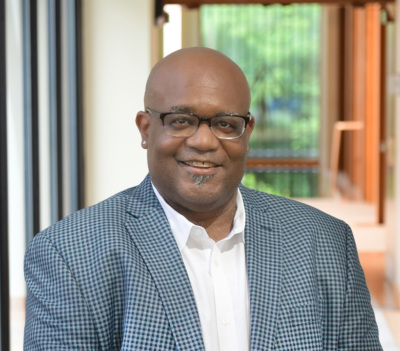
More Info
Group photo of Georgia educators with Erin Wilder at a NewsLitCamp in Columbia, South Carolina, in January 2020.
NewsLitCamp, NLP resources make a difference


Georgia educator Erin Wilder at a NewsLitCamp in Columbia, South Carolina, in January 2020. Photo by Miriam Romais / The News Literacy Project
Earlier this year – back in the days before the U.S. largely shutdown due to the COVID-19 pandemic – we held a NewsLitCamp® in Columbia, South Carolina. In attendance was a team of educators led by Erin Wilder, who had driven nearly three hours and 200 miles from Hoschton, Georgia, to be a part of that day’s professional development session.
When we heard that, we knew we had to find out more: Why was it so important for her and her team to be there?
“I’ve been preaching NLP for years,” Wilder told us in a recent interview, “but I told my team you have to go see them in-person to get the whole picture. So our principal gave us the day off, and we drove over and got a lot of great new information and ideas. We just gabbed and gabbed on the drive back and shared ideas and started making plans so that we could better help our kids understand everything about news literacy.”
One of the key NewsLitCamp takeaways for Wilder was lateral reading.* “We realized we had to have kids go to different sites and look at how those sites present similar ideas. Typically, kids will just see one side of the news. And that’s good because we’re not trying to force an opinion on them. We just wanted them to see how different sides approach a topic and then let them develop their own consensus about it.”
What the kids need to become adults
Wilder has been teaching high school English for 17 years and has been at Mill Creek High School for the last eight. She says that in recent years she has realized that in addition to the standard reading and writing curriculum, some newer skills and tools were needed to help them leave high school armed to be literate citizens as well. As a result, her team decided to take the last few weeks of their language arts program to “get them ready for the world.”
That process took a big jump forward when she watched a webinar led by Peter Adams, NLP’s senior vice president of education, and John Silva, NLP’s director of education. She remembers thinking, “This is so great, we need to do this,” and she began using the first generation of the Checkology® virtual classroom. “I had to get permission to circumvent the firewall, and we started doing the lessons once a week in the computer lab,” she told us. “The students absolutely loved the Checkology lessons. They would sit at their computers and go at their own pace. It was my first foray into adding news literacy lessons for them and they enjoyed it, and I loved the work we were getting back from them.”
Overall, she adds, “They felt it was so much more valuable and applicable to their lives and what they felt they needed going out into the world. They realized they have so much digital contact, but didn’t have the internal ability to process it. But they’ve really enjoyed getting these tools to build a better understanding of what’s going on.”
Using The Sift during COVID-19 pandemic
Around early March, Wilder says she began hearing more and more people talking about drinking bleach or snorting cocaine as a cure for COVID-19. And she realized right then, “This is what we’re studying. I took a bunch of articles and put them together and went in to show everyone that we are literally living in this moment of harmful misinformation and that’s why we have to learn these news literacy skills.
“And then the next issue of The Sift® came and it had great stuff in it – lots of great ideas. It’s easy to tell kids misinformation is out there, but it can be hard to show an example. The Sift gave us a lot that we can actually show them. I started using that issue to pull sample articles and posts to create a two-day activity where the kids could look at all these different rumors that were spreading and what fact checking sites had to say about them. And then they said, ‘OK, we’re closing schools’ and that was the last thing we got to do with them face-to-face. But it was so rewarding to see the kids applying the skills we have been working on to something that was so current.”
In the end, while Wilder is disappointed that schools are closed and she won’t be able to finish using Checkology with her students, she plans to continue using all of the tools that NLP provides. And with a little luck, she said she’s dedicated to, “trying to make a NewsLitCamp happen in Atlanta. I’m hoping to work with you on that.”
*The lateral reading concept and the term itself developed from research conducted by the Stanford History Education Group (SHEG), led by Sam Wineburg, founder and executive director of SHEG.
